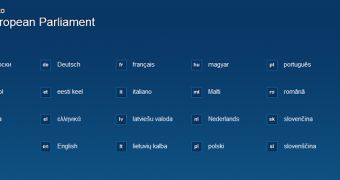After a number of European countries decided to wait for the European Parliament’s decision before ratifying the Anti-Counterfeiting Trade Agreement (ACTA), the EP revealed its plans on publicly discussing the pact on March 1, 2012.
As a result of these discussions, the European Parliament Committee for International Trade will make a formal recommendation to the full house on whether or not the controversial treaty should be approved or not.
The EP cannot make any sort of improvements to ACTA, instead it can only approve it or reject it. This means that if the committee doesn’t give its consent, the entire European Union will stay out of the agreement.
On the other hand, if the Parliament gives consent, the ball falls into the court of member countries which have to decide on whether or not they will ratify the treaty.
However, these are not the only options of the EP. It can also refuse to give a response and, legally speaking, there is no deadline for their reply on the matter.
Finally, ACTA can end up on the table of the European Court of Justice (ECJ), but this still means that the Parliament and EU countries need to approve it in order for it to enter into force.
For ACTA to come into force six parties should ratify it, but since the EU represents a single negotiating party, all the member countries would have to agree in order for it to be ratified.
Currently, statistically speaking, none of the European countries ratified ACTA. Moreover, Slovakia, Poland, Czech Republic, Netherlands, Latvia and Germany took a step back, playing it safe until the European Parliament takes a decision.
In the meanwhile, protest around the world, both online and in the real world, continue, Internet users fearing that the treaty can pose serious risks to the freedom of speech and their rights.

 14 DAY TRIAL //
14 DAY TRIAL //